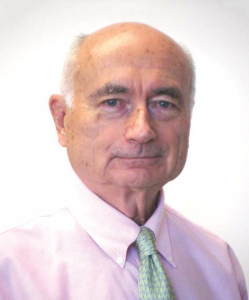
2023 Award Recipient: Peter Vogt, Ph.D.
Scripps Research
Professor Emeritus
Department of Molecular Medicine
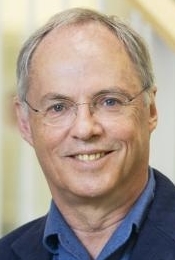
2022 Award Recipient: Hans Clevers, M.D., Ph.D.
Professor of Molecular Genetics
Utrecht University and the UMC Utrecht
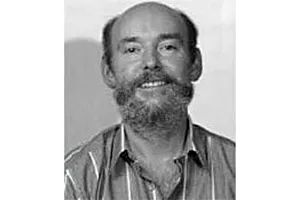
2021 Award Recipient: James Cleaver, PhD
Professor Emeritus of Dermatology and of Pharmaceutical Chemistry
University of California San Diego
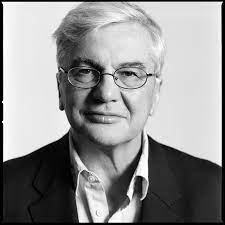
2020 Award Recipient: Napoleone Ferrara, Ph.D.
Distinguished Professor of Pathology
University of California - San Diego

2019 Award Recipient: Three winners were announced for the 11th Annual Symposium: Lewis Cantley, PhD., Tak Mak, PhD., and Craig Thompson, M.D.
Meeting Flyer
More Info - Lewis Cantley, PhD.
More Info - Tak Mak, PhD.
More Info - Craig Thomspon, M.D.
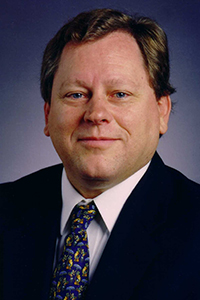
2018 Award Recipient: Webster Cavenee, Ph.D.
University of California San Diego
San Diego, California
Meeting Flyer More Info
Webster Cavenee, Ph.D., of the University of California of San Diego, discovered the existence of tumor suppressor genes. He and his team developed a high-throughput CHIP-NextGen Sequencing method to identify miRNAs that drive the development of aveolar rhabdomyosarcoma, a soft-tissue sarcoma that has a poor prognosis and is most common to young adults and teenagers.
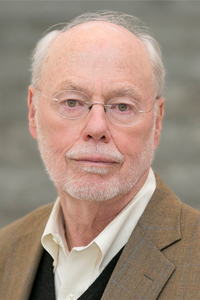
2017 Award Recipient: Phillip Allen Sharp, Ph.D.
Massachusetts Institute of Technology
Cambridge, Massachusetts
Topic: Genes, Metabolism, and Cancer
Meeting Flyer Meeting Photos In the News More Info
Dr. Sharp shared the 1993 Nobel Prize in Physiology or Medicine with Richard J. Roberts for "the discovery that genes in eukaryotes are not contiguous strings but contain introns, and that the splicing of messenger RNA to delete those introns can occur in different ways, yielding different proteins from the same DNA sequence".
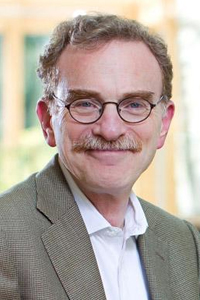
2016 Award Recipient: Randy W. Schekman, Ph.D.
University of California, Berkeley
Berkley, California
Topic: Gene and Environment Interaction
Meeting Flyer Meeting Photos In the News More Info
Dr. Schekman shared the 2013 Nobel Prize for Physiology or Medicine with James Rothman and Thomas C. Südhof for their groundbreaking work on cell membrane vesicle trafficking. His research is focused on the process of membrane assembly, vesicular transport, and membrane fusion among organelles of the secretory pathway.
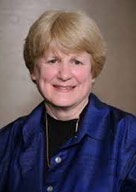
2015 Award Recipient: Mary Claire King, Ph.D.
University of Washington
Seattle, Washington
More Info
Mary-Claire King, Ph.D. discovered the BRCA1 gene locus that causes hereditary breast cancer and deployed DNA strategies that reunite missing persons or their remains with their families.
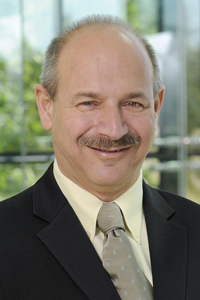
2014 Award Co-Recipient: Bruce A. Beutler, M.D.
2011 Nobel Prize Winner in Medicine
Dallas, TX USA
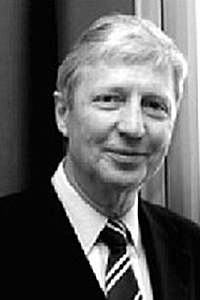
2014 Award Co-Recipient: Jules A. Hoffmann, Ph.D.
University of Strasbourg
Strasbourg, France
Meeting Flyer More Info About Dr. Beutler More Info About Dr. Hoffman
Bruce Beutler and Jules A. Hoffmann were co-recipients of the 2011 Nobel Prize in Medicine or Physiology for for their discoveries concerning the activation of innate immunity.
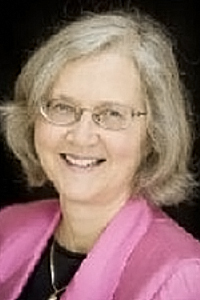
2013 Award Recipient: Elizabeth Blackburn, Ph.D.
University of California San Francisco
San Diego, California
More Info
Elizabeth Blackburn, Ph.D., of the University of California San Francisco, was awarded the Nobel Prize in Medicine or Physiology in 2009 for the discovery of how chromosomes are protected by telomeres and the enzyme telomerase.
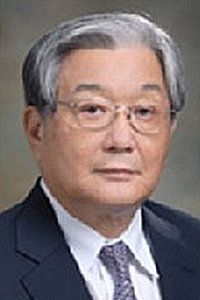
2018 Award Recipient: Waun Ki Hong, M.D.
The University of Texas
MD Anderson Cancer Center
Houston, TX
More Info
Dr. Waun Ki Hong is one of the world's leading experts in head, neck and lung cancers.
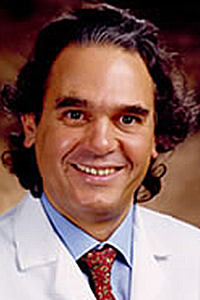
2011 Award Recipient: Carlo Croce, M.D., Ph.D.
The Ohio State University
James Cancer Center
More Info
Dr. Carlo Croce specializes in genetic mechanisms of cancer.
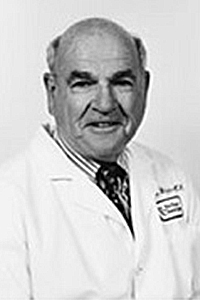
2010 Award Recipient: Baruch Blumberg, MD, PhD.
1976 Nobel Prize Winner in Medicine
Fox Chase Cancer Center, Philadelphia
More Info
Dr. Baruch Blumberg discovered that Hepatitis B was caused by a virus. Because of his groundbreaking research, a vaccine was developed to prevent Hepatitis B, thus saving the lives of thousands of people who would have otherwise developed Hepatitis B and died as a result.
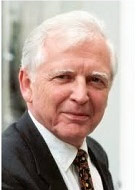
2009 Award Recipient: Harald Zur Hausen, M.D.
2008 Nobel Prize Winner in Medicine
German Cancer Research Center
More Info
Harald Zur Hausen was awarded the 2008 Nobel Prize in Medicine for his discovery that human papilloma viruses causes cervical cancer. Because of his discovery, a vaccine to prevent human papiloma virus has been developed, which will potentially save the lives of hundreds of thousands of individuals.
